On the occasion of the 100th anniversary of the Vietnamese Revolutionary Press Day (June 21, 1925 - June 21, 2025), the National Political Publishing House is releasing the book " The Press Must First and For All Serve the Revolution and the People " - a special publication compiling a number of articles, speeches, appeals, letters, and telegrams from President Ho Chi Minh to readers, journalists, and editorial boards of domestic and foreign newspapers and magazines from 1922 to 1962.
This is not only a publication of historical value but also a valuable and practical document for further promoting the study and emulation of Ho Chi Minh's ideology, ethics, and style, one of the central tasks of the entire Party and people in the current new revolutionary period.
President Ho Chi Minh – a national liberation hero, an outstanding cultural figure, and also a revolutionary journalist, the founder of revolutionary journalism in Vietnam. He always considered journalism a sharp "weapon" in the revolutionary cause, a tool for propaganda, education , and mobilizing the people.
Nguyen Ai Quoc believed that revolution was the undertaking of the masses, requiring propaganda, mobilization, guidance, gathering, and organization of the masses, and one of the most effective methods was through journalistic activities. Therefore, his revolutionary activities were always closely linked to journalism. Along with the establishment of the Vietnam Revolutionary Youth Association, Nguyen Ai Quoc launched the Thanh Nien (Youth) newspaper (June 21, 1925) as its mouthpiece – and he himself founded, led, guided, and developed the revolutionary press of Vietnam.
He consistently maintained the view that journalism should first and foremost serve the revolution, the Party, and the people. At the same time, he always emphasized the importance of journalists constantly improving their political qualities, ethics, and professional skills.
He emphasized that journalists are also revolutionary fighters, their pens and paper are their "weapons," and therefore they must always maintain a fighting spirit, writing practical and truthful things for the benefit of the people.
The book not only presents very specific and detailed teachings and guidance for journalists, but many articles also reflect President Ho Chi Minh's profound thoughts and journalistic artistry.
For example, the article " The Revolutionary Path - Why I Had to Write This Book " clearly demonstrates the strategic role of journalism in the revolutionary cause and why journalism must be the voice of the masses. The article " The Propagandist and the Art of Propaganda " highlights the art of reaching the public, avoiding empty rhetoric and emphasizing authenticity and effectiveness in conveying the message.
One issue that President Ho Chi Minh was concerned about was the purpose and target audience of the press. He instructed: "Our press is not for a select few to read, but to serve the people... therefore it must have a mass character and a fighting spirit"; "Whenever you write an article, ask yourself: Who am I writing for? What is the purpose of writing?"
According to President Ho Chi Minh, journalists must consider themselves revolutionary fighters, striving throughout their lives for the cause of the people, for the independence and freedom of the nation.
He emphasized: "Journalists must have a firm political stance. Politics must be paramount. Only with the right political line can everything else be right." Journalists must "be close to the masses," "dive into reality, delve into the working masses" to write practically; overcoming verbosity, formalism, and the tendency to overuse foreign words.
Uncle Ho always demanded that journalists prioritize the authenticity of their work. He repeatedly reminded journalists to be "careful" about every detail and every piece of data quoted in their articles. They must preserve the purity of the Vietnamese language, "an extremely ancient and precious asset of the nation." In particular, journalists must "always strive to learn, always seek progress," "must study continuously and always be humble." Journalists "must have ambition, not hide their ignorance," "must strive to learn, and if they strive to learn, they will certainly learn."
Even after decades, the guidance in this book remains as valuable and profoundly relevant as ever, serving as precious directions for every journalist, media professional, and "soldier" on the cultural front.
In the context of rapidly changing communication technologies, the explosion of social media, and the multifaceted and sometimes chaotic flow of information, upholding political integrity, professional ethics, and the ideal of serving the people, as taught by President Ho Chi Minh, is the guiding principle for journalists. A century has passed, and although technology and journalistic forms have changed significantly, the essence of journalism—its goal and mission to serve the revolution and the people, as taught by President Ho Chi Minh—remains undiminished. The quality of journalism is still primarily determined by the intellect, talent, and ethics of journalists—soldiers on the cultural front, as President Ho Chi Minh taught.
The book " Journalism Must First and For All Serve the Revolution and the People " is not only a historical document but also a flame of inspiration, fostering ideals, courage, and responsibility for every Vietnamese journalist today. It serves as a guide for revolutionary journalists to remain steadfast, maintain their political integrity, and always bear in mind their noble responsibility to the Party, the people, and society.
(VNA/Vietnam+)
Source: https://www.vietnamplus.vn/phat-hanh-sach-bao-chi-truoc-het-phai-phuc-vu-cach-mang-phuc-vu-nhan-dan-post1044708.vnp










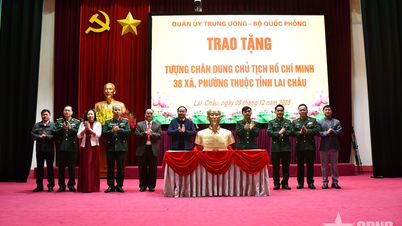

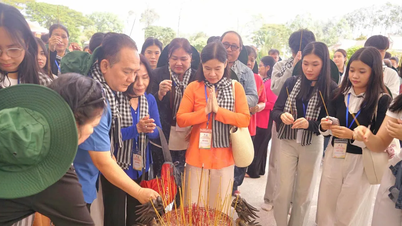


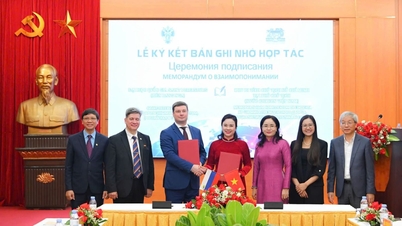
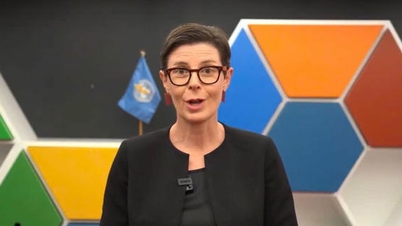


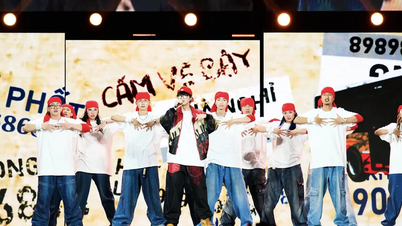

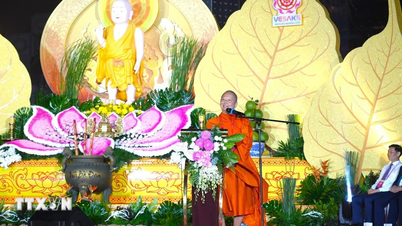
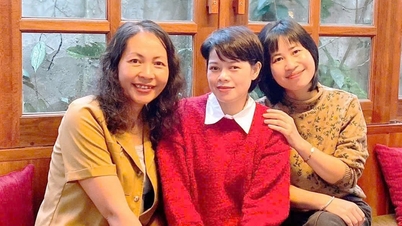





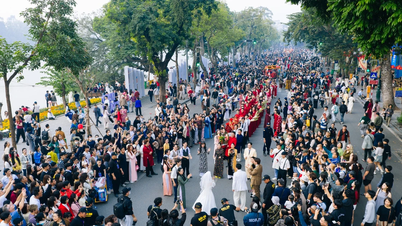
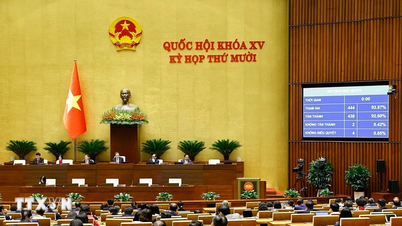
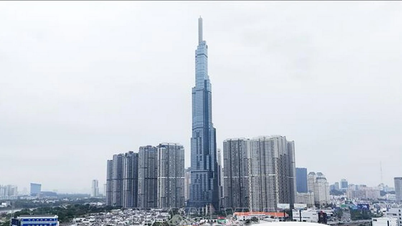
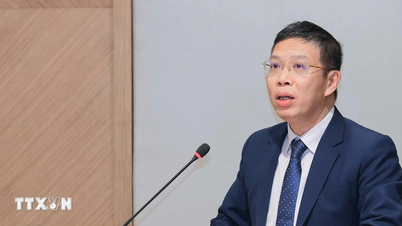

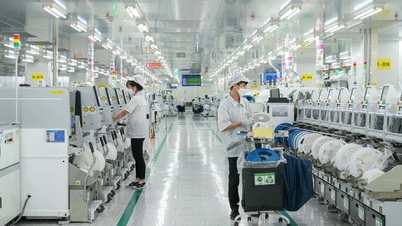







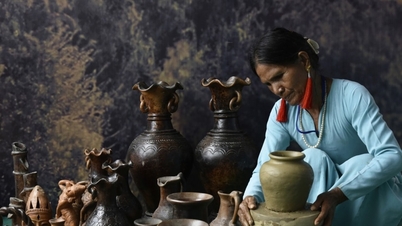

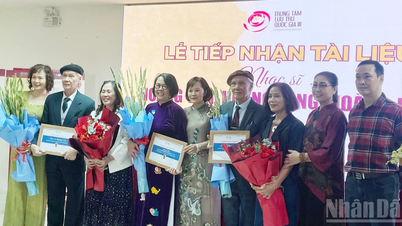





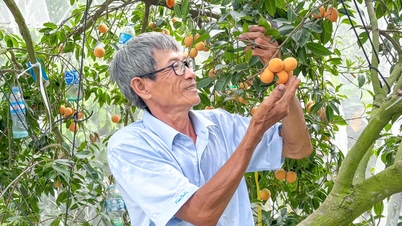

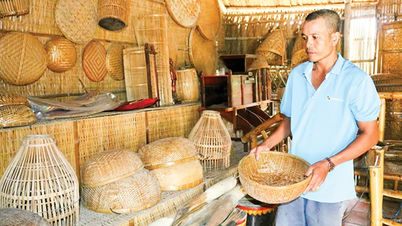

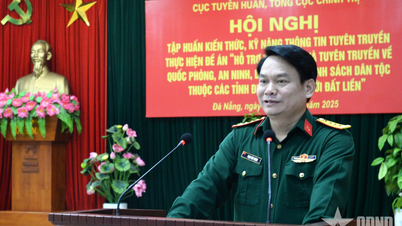
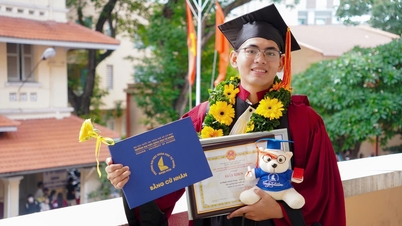







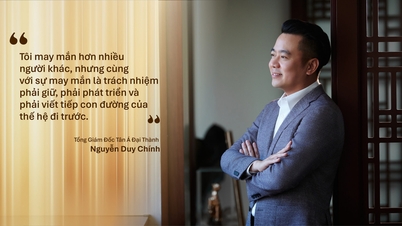







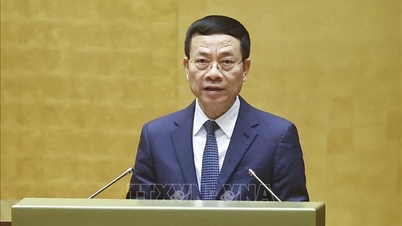
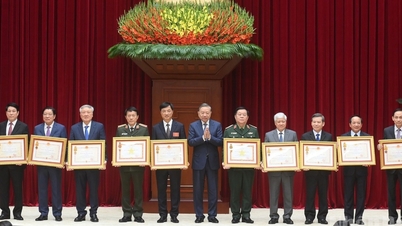

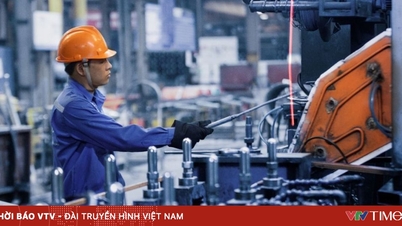

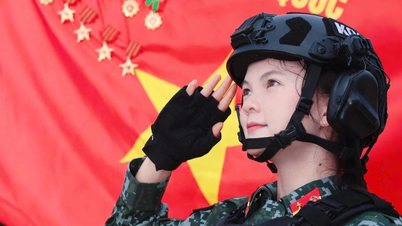
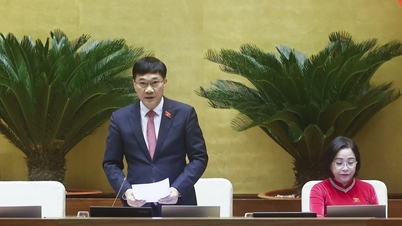


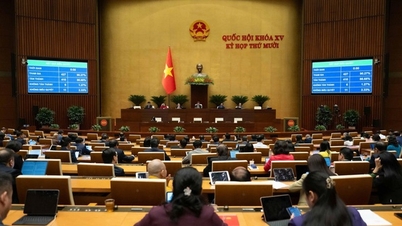
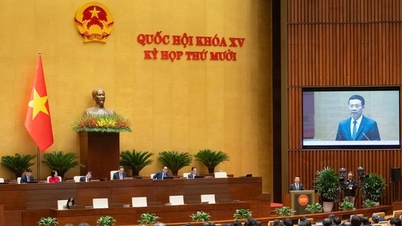
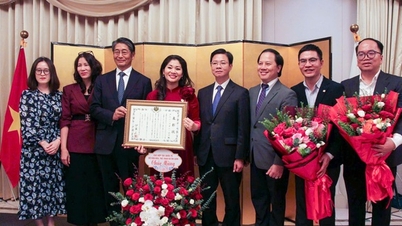
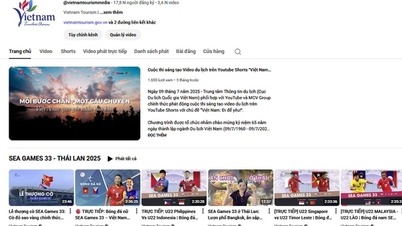


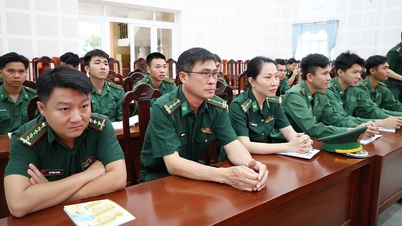





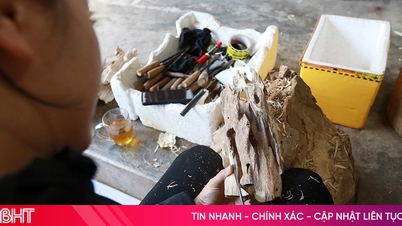











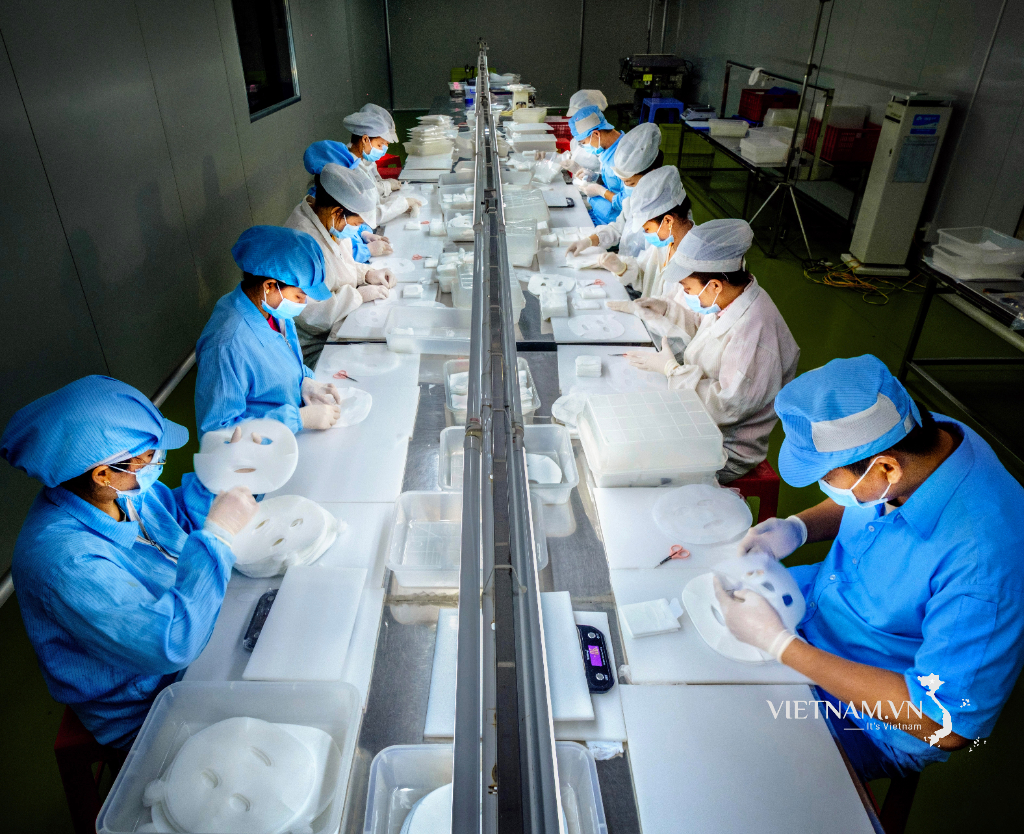

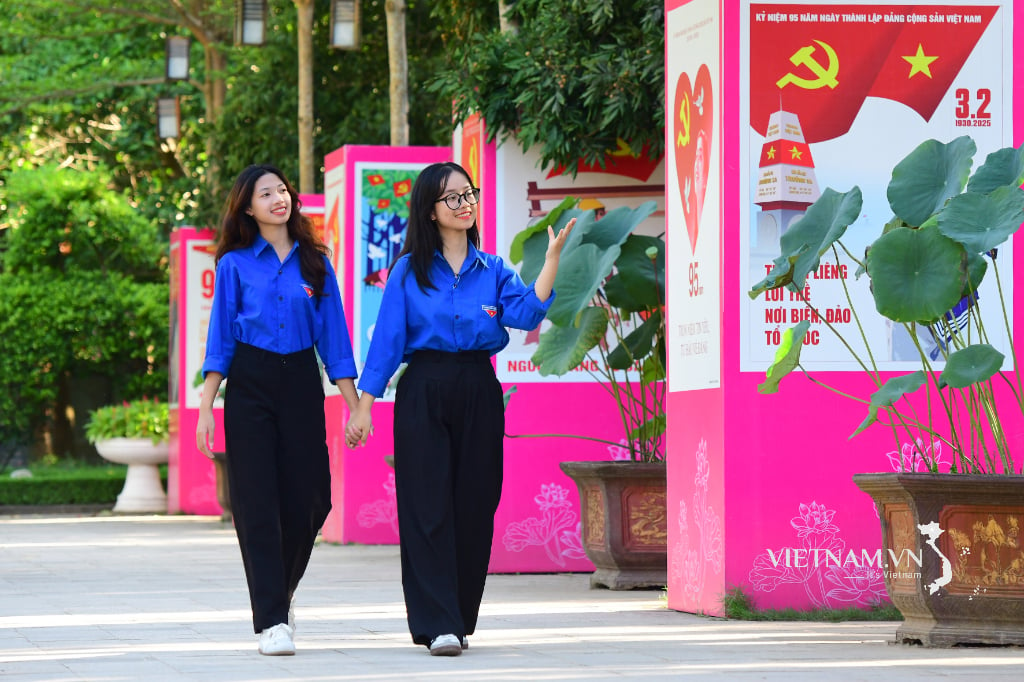
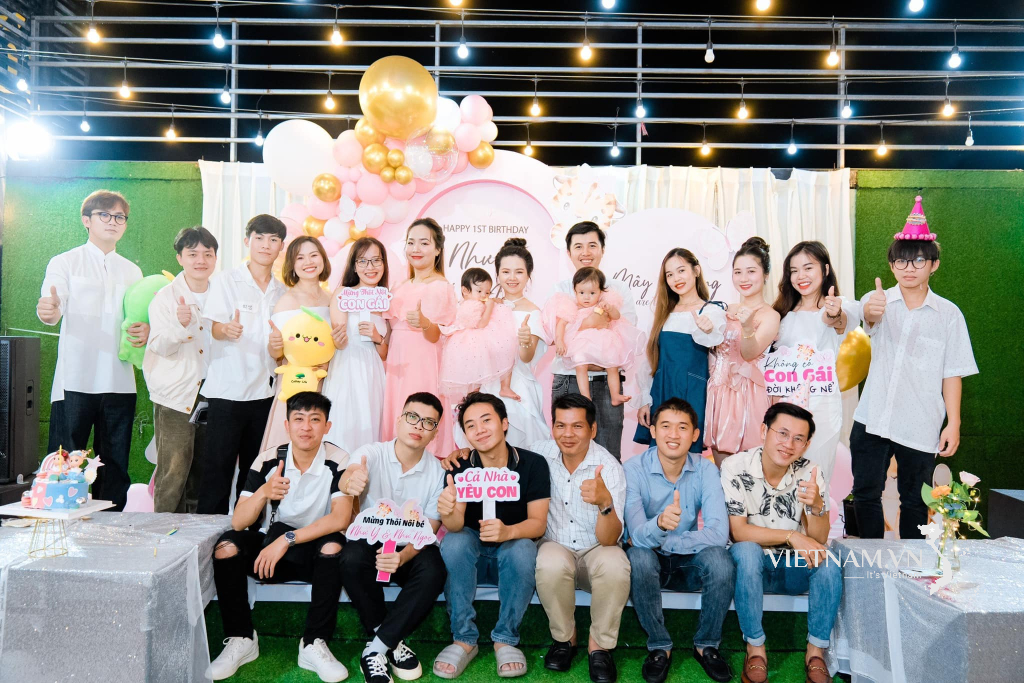
Comment (0)